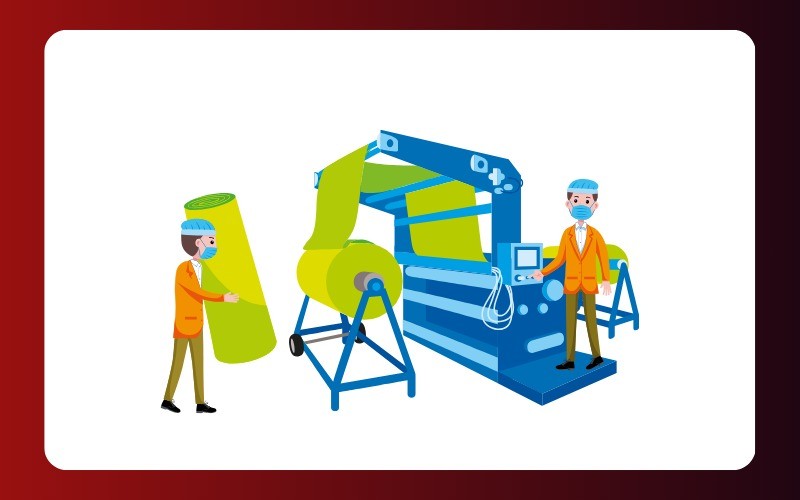Admission Enquiry

The Diploma in Vocational Education (D.Voc.) program in Textiles and Handlooms/Textile Technology offers specialized training in the diverse and intricate field of textile manufacturing and technology, providing students with the skills and knowledge essential for careers within the textile industry. This program presents a comprehensive curriculum that integrates theoretical concepts with practical applications, preparing students for roles in textile production, quality assurance, and innovation.
Students in this program delve into the fundamentals of textile manufacturing processes, including spinning, weaving, knitting, dyeing, printing, and finishing. They gain an understanding of the properties and characteristics of different types of fibers, yarns, fabrics, and dyes, as well as the principles behind various textile machinery and equipment used in production.
Furthermore, the curriculum covers topics related to textile technology, including textile testing, quality control, process optimization, and sustainability in textile manufacturing. Students learn about industry standards and regulations governing textile production, as well as emerging trends and innovations in textile technology, such as smart textiles, nanotechnology applications, and sustainable textile practices.
Practical training is a central component of the program, allowing students to apply their knowledge in real-world settings. Through laboratory experiments, hands-on projects, industrial visits, and internships with textile companies or research institutions, students gain valuable experience in textile production processes, quality assessment techniques, and problem-solving skills.
Upon completion of the program, graduates are well-prepared to pursue careers in various roles within the textile industry, including production supervisor, quality control inspector, textile technologist, product development specialist, or research associate. Their expertise in textile manufacturing and technology enables them to contribute to the design, production, and improvement of textiles that meet industry standards, customer requirements, and environmental sustainability goals.
Copyrights © 2024 NIILM UNIVERSITY. All rights reserved.